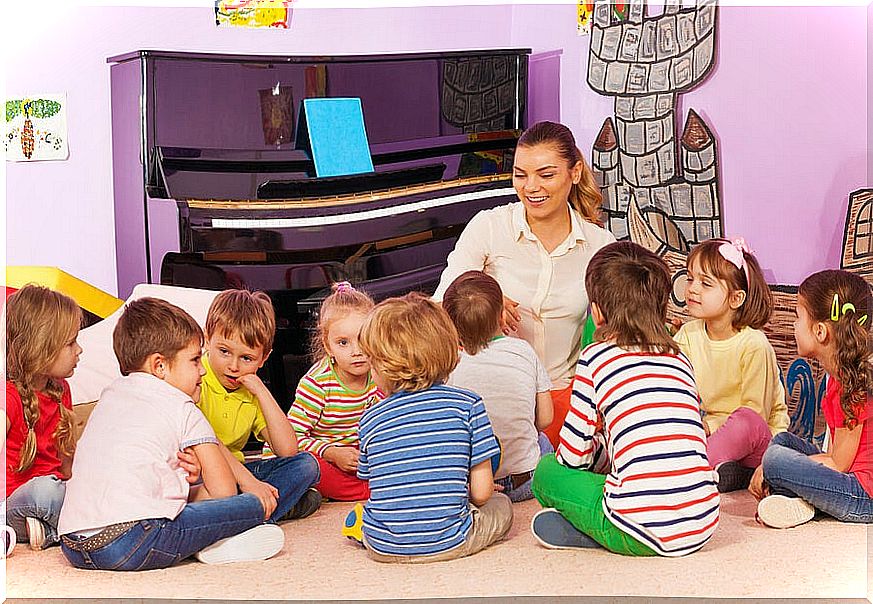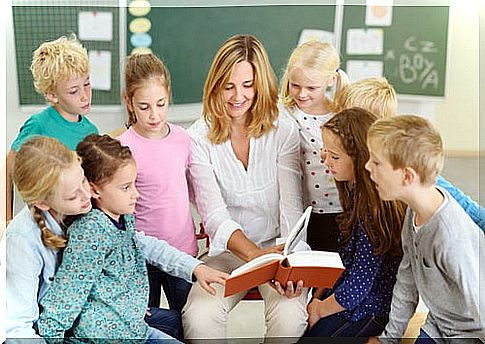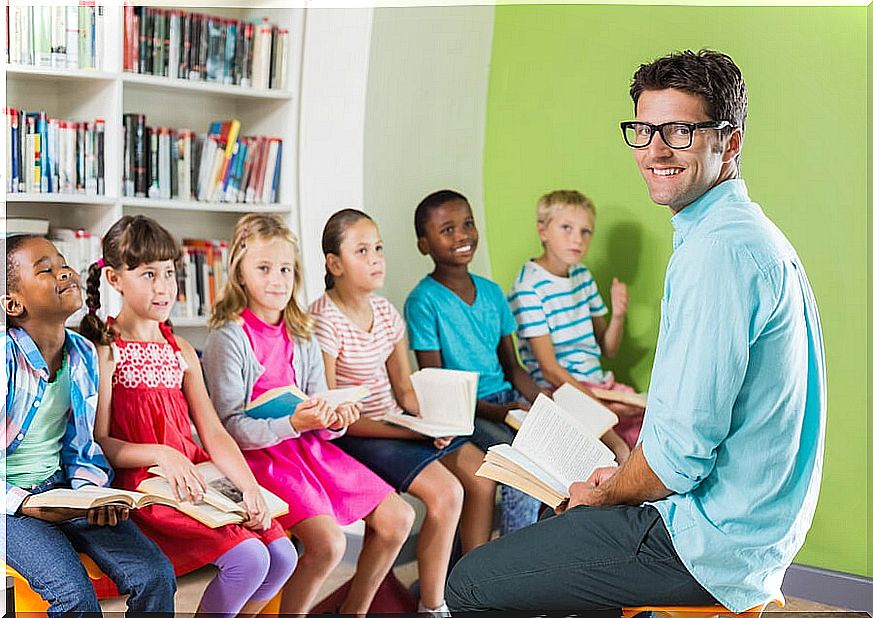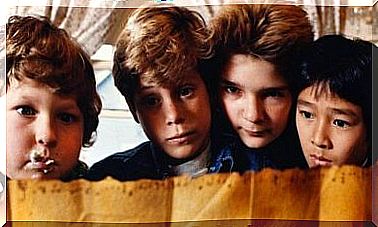Why Take My Child To A Storyteller?

Why taking my son to a storyteller is a frequently asked question; Many parents may consider that, in order for the child to learn literary stories and fairy tales, it will be enough to hand them a book or read stories to them at home. However, there are a number of storytelling skills that storytellers possess that will make the experience for children completely enjoyable and educational.
Who is the storyteller?
The word storyteller comes from the English translation of the word storyteller. It is about an individual, in principle belonging to the family nucleus, who is in charge of narrating anecdotes, legends, myths or fables of an instructive nature to the children of the family.
Its main objective is to instruct the little ones about the dangers, adversities and all kinds of moral precepts of life in society. These individuals stand out for having artistic gifts or expressive qualities that make the little ones awaken to the maximum their imagination and their intuitive capacity; in this way, he makes the message of the fabulous stories sink deeper into their minds.
The storyteller as a professional in children’s entertainment has been a rescued figure in Spain and Latin America since the 20th century. It starts from a fundamental premise, and that is that children who cannot read. Even those who have already acquired this ability absorb the stories told by these storytellers as if they were being told a real anecdote.
This effect is due to the fact that the professional, by reciting the literary verses from memory and with theatrical gestures, makes the children consider that they are being told a real adventure that this person has experienced. Thus, they come to feel totally pleased and with the joy of living adventures that are just as fun.
Why take my child to a storyteller?
Children’s storytelling experiences are fun, educational, and relaxing. Likewise, they are being inserted into the world of artistic manifestations. Here are some of the most outstanding benefits:
1. Approach to the arts
The storytelling experience stems from a beautiful historical tradition that reveals centuries of oral knowledge exchange between children and adults. It is an act that is linked to cultural identity and collective memory for educational purposes.

In addition, the little ones are in the presence of an artist who acts as narrator, minstrel and actor in the same presentation. Without a doubt, the infant will be able to have his first approach to the arts and culture in the best way.
2. Encourage a love for literature
When children listen to the beautiful stories told by storytellers, they have a stronger urge to read children’s literature and fantasy stories. This is because they begin to experience the emotions and stimuli of mental imaging, which is not the case when they watch a movie in which the narration is shown more explicitly.
From this mental exercise it is also derived that children become more intelligent and creative; in turn, they also feel the need to create their own funny stories.
3. Develops the ability to listen and pay attention
When the children attend the storytelling, they must share the narration space with other classmates. This helps to develop in them the ability to listen and pay attention, as they must be attentive to each of the sentences of the story so as not to miss any detail of the story.
At the same time, it allows the hearing and understanding of language to be greatly stimulated; this without counting that the child’s lexicon will increase.

4. It gives them a fun time away from television
Attending the storytellers is also a different and more “organic” option for the little ones to experience a type of fun away from television and video games; both elements are, many times, negative for their learning and development.
As a final fact, you should know that the storytelling movement in Iberoamericana is very prolific. It stands out in countries such as Colombia, Mexico, Venezuela, Costa Rica, Spain, Cuba, Argentina and Chile; all participate in more than one hundred national and international festivals annually and also have permanent childcare spaces. Wait no more: take your little one to enjoy this fun and educational experience.










